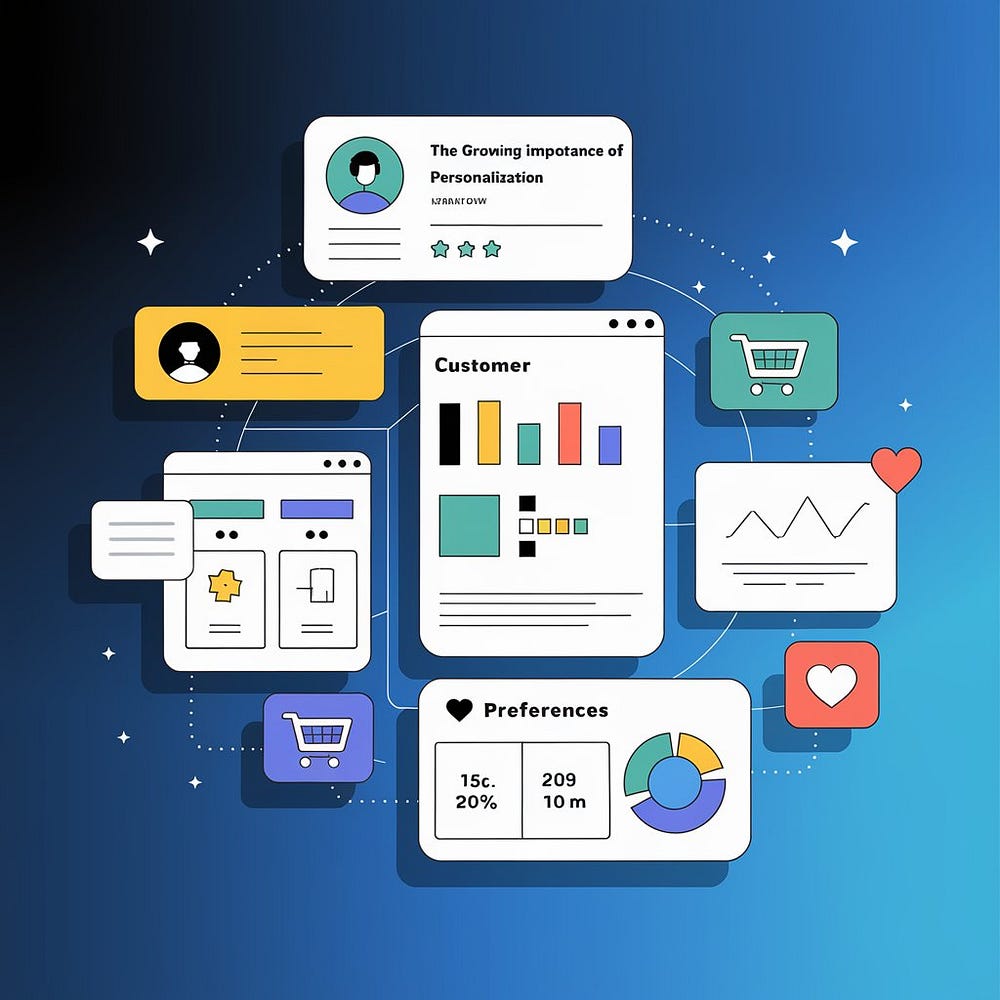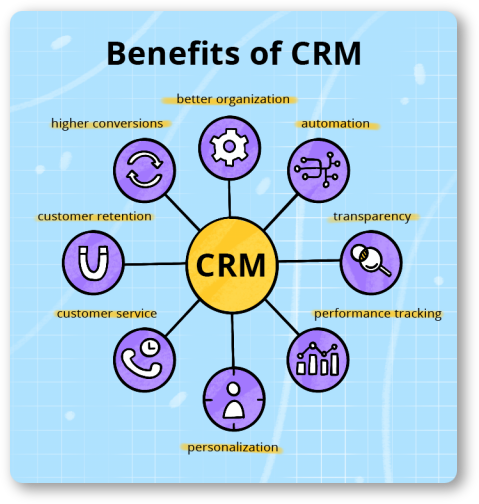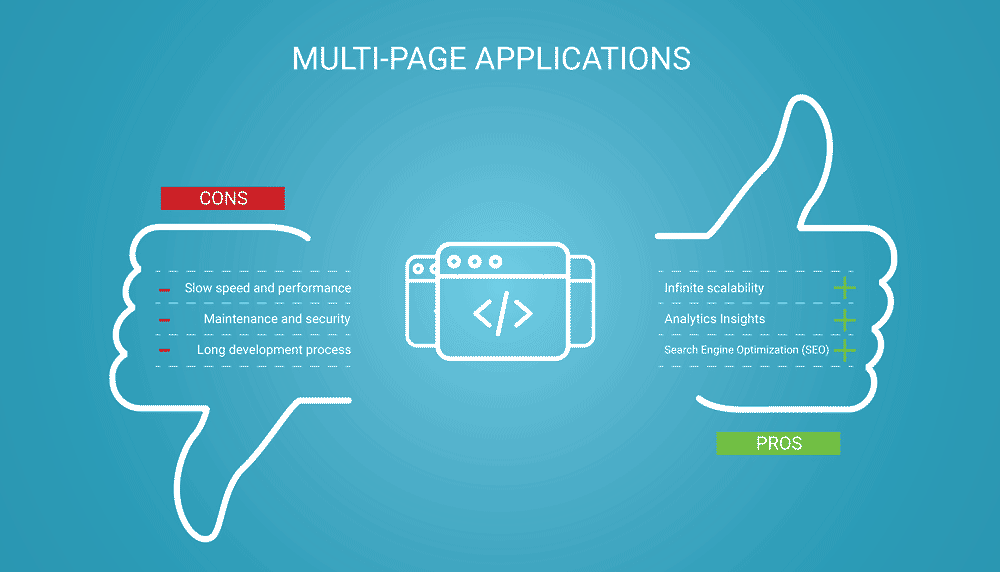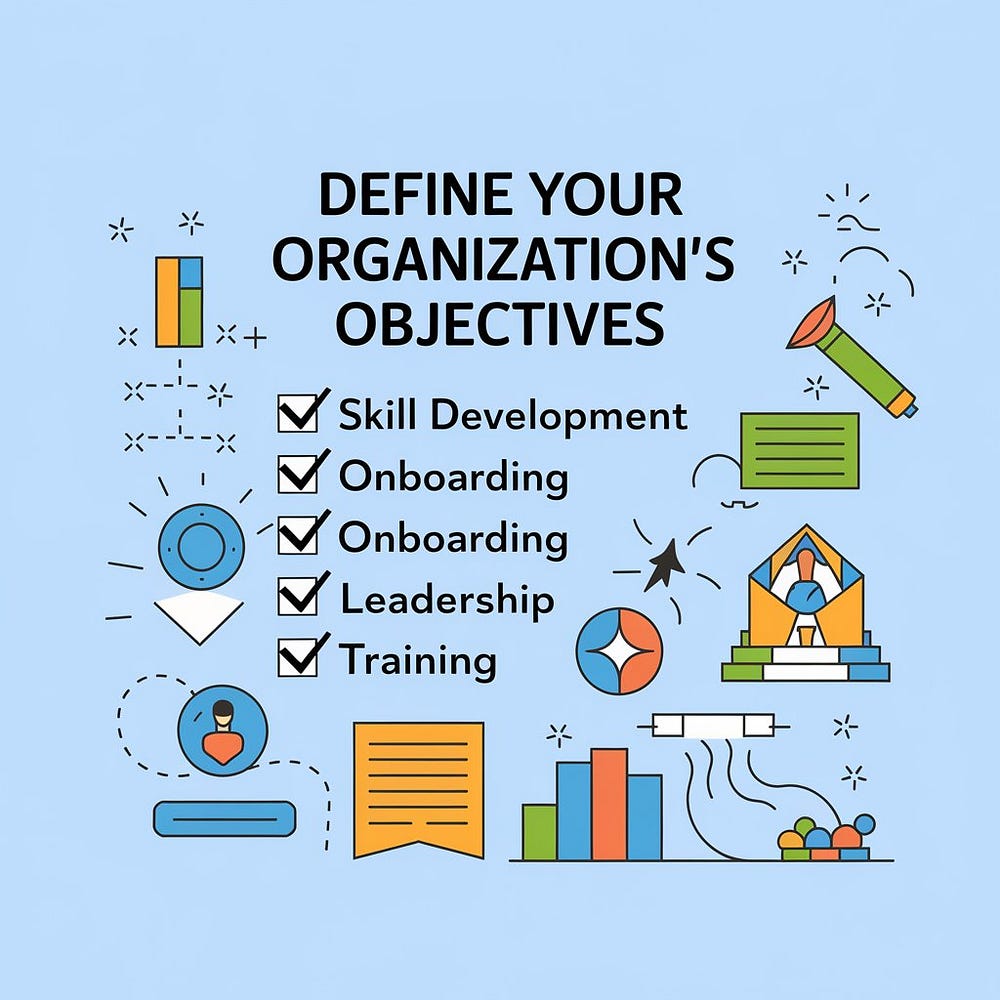In the world of web development, choosing the right architecture for your project is essential....
Personalization in CRMs: The Key to Customer Success in 2024
In 2024, customer expectations are higher than ever, and personalization has become a crucial element of successful customer relationship management (CRM). With the help of artificial intelligence and advanced data analytics, CRMs are evolving to provide tailored experiences that enhance customer satisfaction and loyalty. Here’s how personalization in CRMs is transforming businesses and why it’s key to achieving customer success in today’s competitive landscape.
1. The Growing Importance of Personalization
Today’s customers expect brands to understand their needs and preferences. They want personalized interactions that make them feel valued and understood. Personalization in CRMs allows businesses to tailor their communications, product recommendations, and support interactions based on individual customer data. This approach not only improves customer engagement but also helps build long-lasting relationships.
In 2024, CRM systems are leveraging AI and machine learning to analyze customer data and generate insights that drive personalization. By creating customized experiences, businesses can meet customer expectations and stand out in a crowded market.

2. How AI Enhances Personalization in CRMs
AI plays a critical role in enhancing personalization within CRM systems. With AI-powered algorithms, CRMs can analyze vast amounts of data in real-time, identifying patterns and preferences that allow businesses to personalize interactions effectively. For example, AI can help CRMs predict customer needs, recommend products, and even suggest optimal times for follow-up communication.
In 2024, AI-driven CRMs are using predictive analytics to anticipate customer behavior. This means that businesses can proactively address customer needs before they even arise. For example, an AI-powered CRM might suggest specific products to a customer based on their browsing history, or it could identify potential issues that might lead to churn, enabling businesses to take preemptive action.
3. Personalized Marketing and Customer Engagement
Personalized marketing is one of the most significant benefits of using a CRM system. By segmenting customers based on their behavior, preferences, and past interactions, businesses can create targeted marketing campaigns that resonate with specific customer groups. This helps ensure that marketing messages are relevant and engaging, increasing the likelihood of conversions.
In 2024, personalized marketing is moving beyond email campaigns to include dynamic content on websites, personalized ads, and even tailored social media interactions. By delivering the right message at the right time, CRMs can help businesses foster a deeper connection with their customers and drive engagement across multiple channels.
4. Enhancing Customer Support with Personalization
Personalized customer support is essential for creating a positive customer experience. In 2024, AI-driven CRMs are enabling businesses to offer tailored support interactions based on individual customer profiles. For instance, a CRM can provide customer service agents with detailed insights into a customer’s past interactions, purchase history, and preferences, allowing them to offer more relevant solutions.
Additionally, AI-powered chatbots can provide instant, personalized responses to common customer inquiries. This not only improves response times but also ensures that customers feel valued and understood. By offering personalized support, businesses can enhance customer satisfaction and build trust, which is key to customer success.

5. Measuring the Impact of Personalization on Customer Success
Personalization in CRMs can significantly impact key performance indicators (KPIs) related to customer success, such as customer satisfaction scores, retention rates, and lifetime value. In 2024, businesses are increasingly using CRM analytics to measure the effectiveness of their personalization efforts. By tracking metrics such as customer engagement, repeat purchase rates, and feedback scores, businesses can gain insights into how personalization affects customer success.
Moreover, CRM systems can provide actionable recommendations for improving personalization strategies. For example, if customer feedback indicates a need for more tailored support, businesses can adjust their CRM settings to prioritize personalization in customer interactions. This data-driven approach ensures that personalization remains aligned with customer needs and business goals.
Conclusion
Personalization is no longer optional in today’s business environment — it’s essential for achieving customer success. By leveraging AI-driven CRMs, businesses can deliver tailored experiences that meet customer expectations, improve engagement, and build lasting relationships. As we move further into 2024, the role of personalization in CRMs will only grow, making it a vital component of any customer-centric strategy. Embrace personalization to not only stand out but also create meaningful connections that drive success in the digital era.


